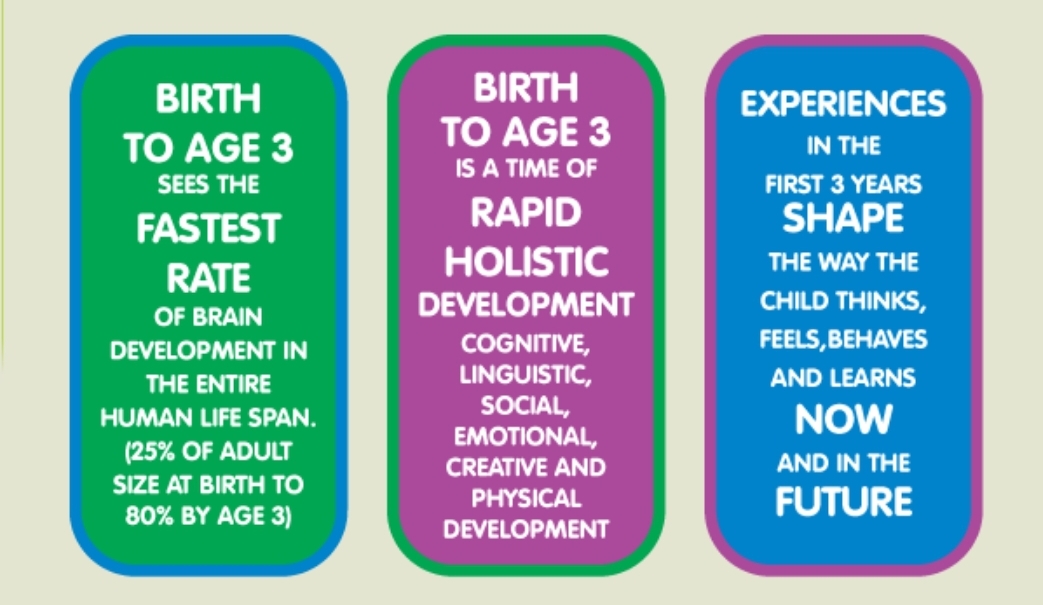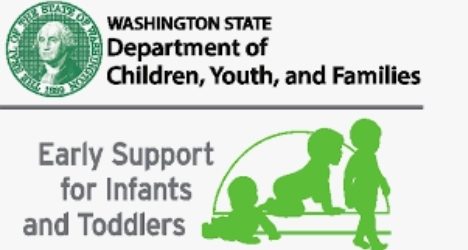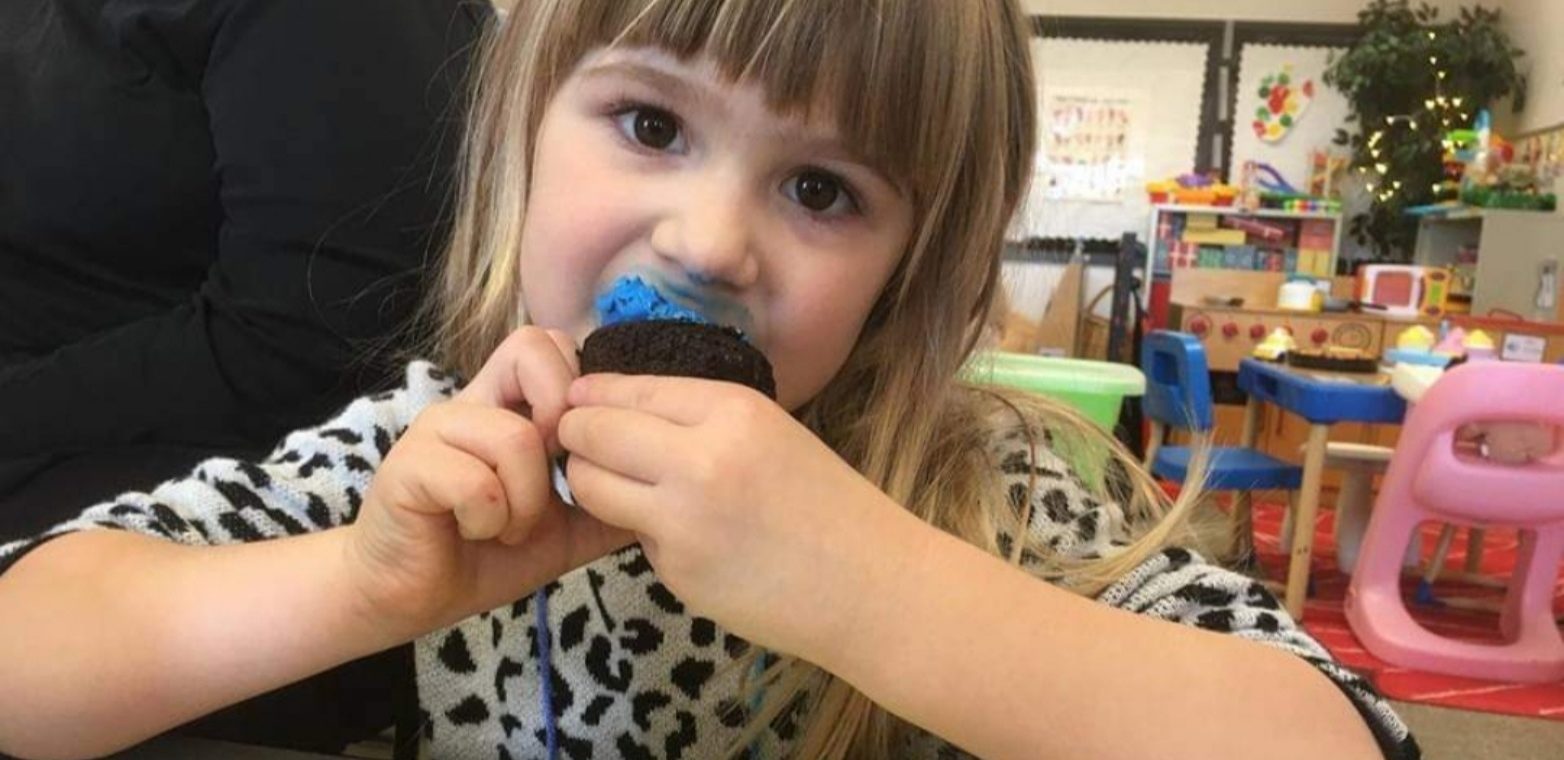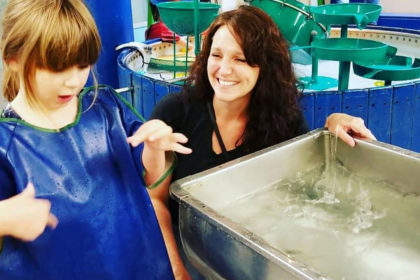In Washington state, the Department of Children, Youth and Families (DCYF) administers services for eligible children from birth to age 3 through Early Support for Infants and Toddlers (ESIT). Families can contact ESIT directly, or they can reach out to their local school district to request an evaluation to determine eligibility and consider what support a child might need. The ESIT website includes videos to guide family caregivers and a collection of Parent Rights and Leadership resources, with multiple language options.
As soon as my daughter was diagnosed on the Spectrum I started making lists and researching different options. The birth to 3 program through the state seemed like a smart route.
The qualifications for the Birth to three programs are a little lower in comparison to the Social Security Administrations requirements. There are many benefits to this program, but the biggest reason to apply before age 3 is that it will keep you off the wait list to get future DDA services. If you have not received services prior to age 3 then the wait for future services can be quite long. When the child is close to age 4, DDA will require a re-evaluation for continued services and if found they need it, the services would not be lost or delayed. I’m glad I started the application process as fast as possible, if I had not then we would have missed out on future services.
So why are early intervention programs important?

When my daughter was evaluated by DDA, for early intervention services, she was about 2 years old. Upon evaluation it was determined that she needed weekly in home therapy. Once a week, a person would come to our home and have a 1 hour session. They covered all the subjects listed below and gave me weekly tasks to have her work on. The agent is also able to make referrals if necessary, such referrals being physical therapy or speech. Just remember to ask your child’s therapist as much as possible. They are here to help you make it through this long journey.

In order to qualify for services the child must have at-least a 25% developmental delay or show a 1.5 standard deviation below their age in one or more of the areas. The child may also be eligible if they have a physical or mental diagnosis such as Autism or Down Syndrome. A few others that are considered are: Chromosomal abnormalities, genetic or congenital disorders, sensory impairments, inborn error of metabolism, disorders reflecting disturbance of the development of the nervous system and congenital infections.
These above referenced delays are just a few examples that they would consider for qualifications. Really the base line is if the child is delayed 25% or more, in any manner. The purpose of the in home service is to help enhance the development of infants and toddlers. Services that may be available include: Speech therapy, physical therapy, specialized instruction and occupational therapy.
The services that your child may need will be determined after an evaluation is done. During this evaluation they will be asking many questions regarding the child’s development and medical history.

You will be asked to supply your family’s resources, priorities and worries. This assessment is done in order to help develop a plan that will meet all needs of both you, and your child. The process and will cover five areas of development which are as follows.
- Adaptive: Ability to dress themselves or feed themselves without fingers.Physical: Crawling, walking, jumping, reaching for things.
- Social-emotional: Able to communicate needs and wants along with taking turns, sharing.
- Communication: Using 2 to 3 word phrases, balling or vocalizing in what manner.
- Cognitive: Paying attention to one thing at a time, following directions or problem solving.
Once your DDA application is accepted and approved, you will receive a letter called a “Planned Action Notice.” The notice simply cites the rules that make your child eligible. Early intervention services will end on the child’s 3rd birthday, when this happens the case manager should work with you on a transition plan, assessing any future programs or services that may be needed for your child. One of these services being the states early childhood special education program. This was one of the best things I could have gotten Brooklyn into, we had the privilege of starting in September, even though she did not turn 3 until December. Never hurts to ask, it paid off! The more we push the more it helps!
My next posting will talk more about the stress of being a parent to a child with special needs. Often we think we can do it all but break when trying to do so. I find it important to take time for myself, physically and mentally. My daughter and I will both benefit greatly from this. As will you! Take a peek at the links below and start the process, if you have not already!!!
This links below will give you more detail information about the programs:
https://dcyf.wa.gov/services/child-development-supports/esit
Washington State Department of Social and Health Services:
- https://www.dshs.wa.gov/dda
- https://www.birthtothree.org/
- https://www.esd112.org/special-services/birth-to-three-early-intervention/
- https://www.birthtothree.org/programs/
- https://wapave.org/early-intervention-how-to-access-services-for-children-birth-to-3-in-washington/






